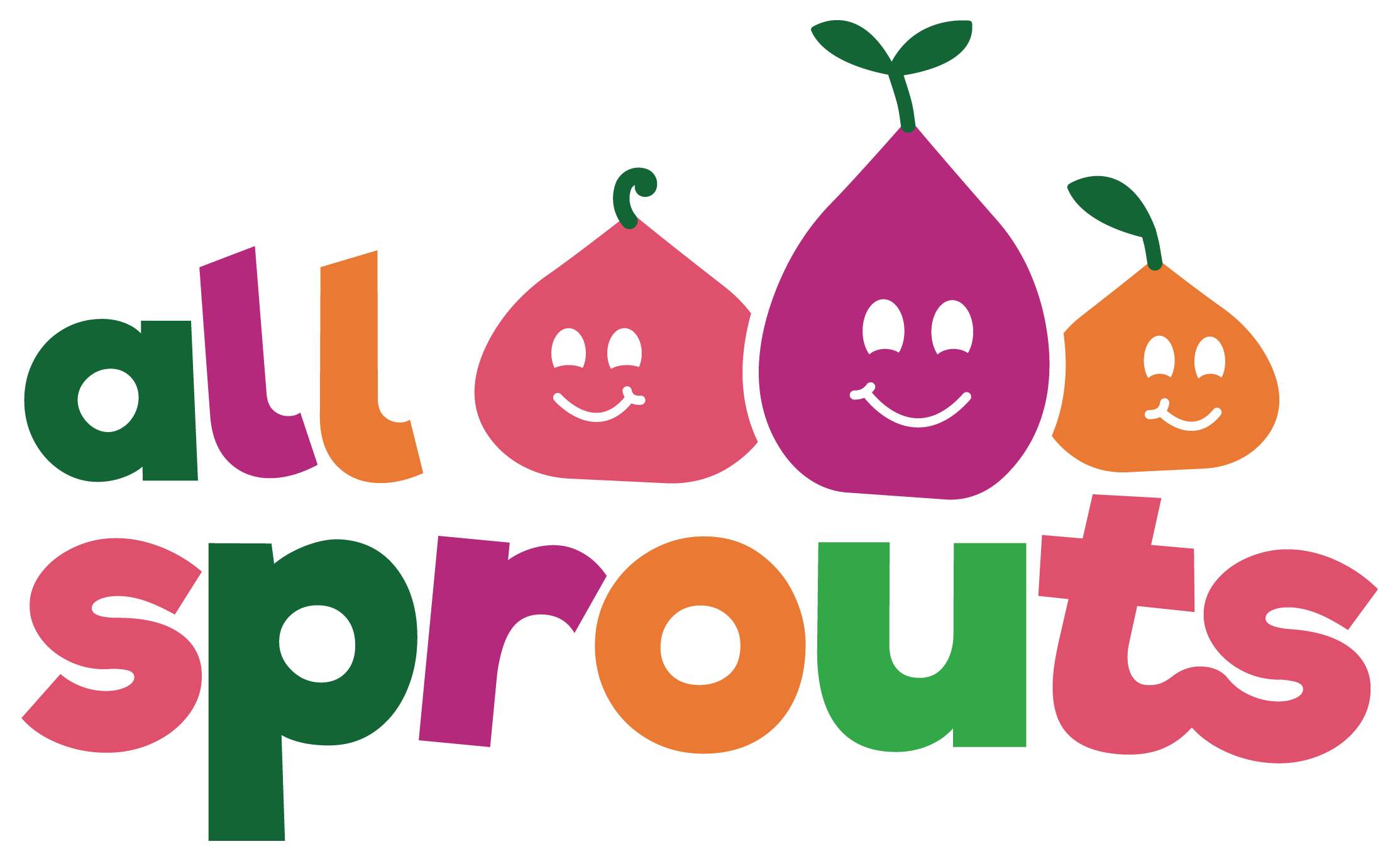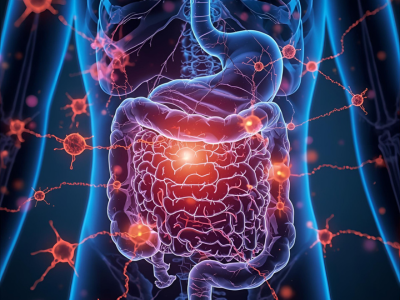In the pursuit of longevity, the conversation often gets clouded by hype, trends, and miracle promises. But the truth is far simpler and more profound.
The human body already holds the blueprint for lasting vitality. It is inherently designed to repair, renew, and regenerate when given the right environment and fuel.
Every system in your body, from your brain to your muscles, from your immune cells to your cardiovascular system, has evolved to maintain balance and resilience.
Modern lifestyles, chronic stress, environmental toxins, and nutrient gaps can gradually erode that resilience, leaving us feeling fatigued, mentally foggy, and more prone to illness.
The nutrients you provide each day determine how efficiently these internal systems operate, influencing how you age from the inside out.
Longevity is not about attempting to stop time. It is about optimizing the biological processes that allow you to perform, think, and feel your best for decades to come.
By giving your body the right nutrients, you are essentially speaking its language, helping it to function at peak capacity. The choices you make today determine how resilient and energized your body will be tomorrow.










